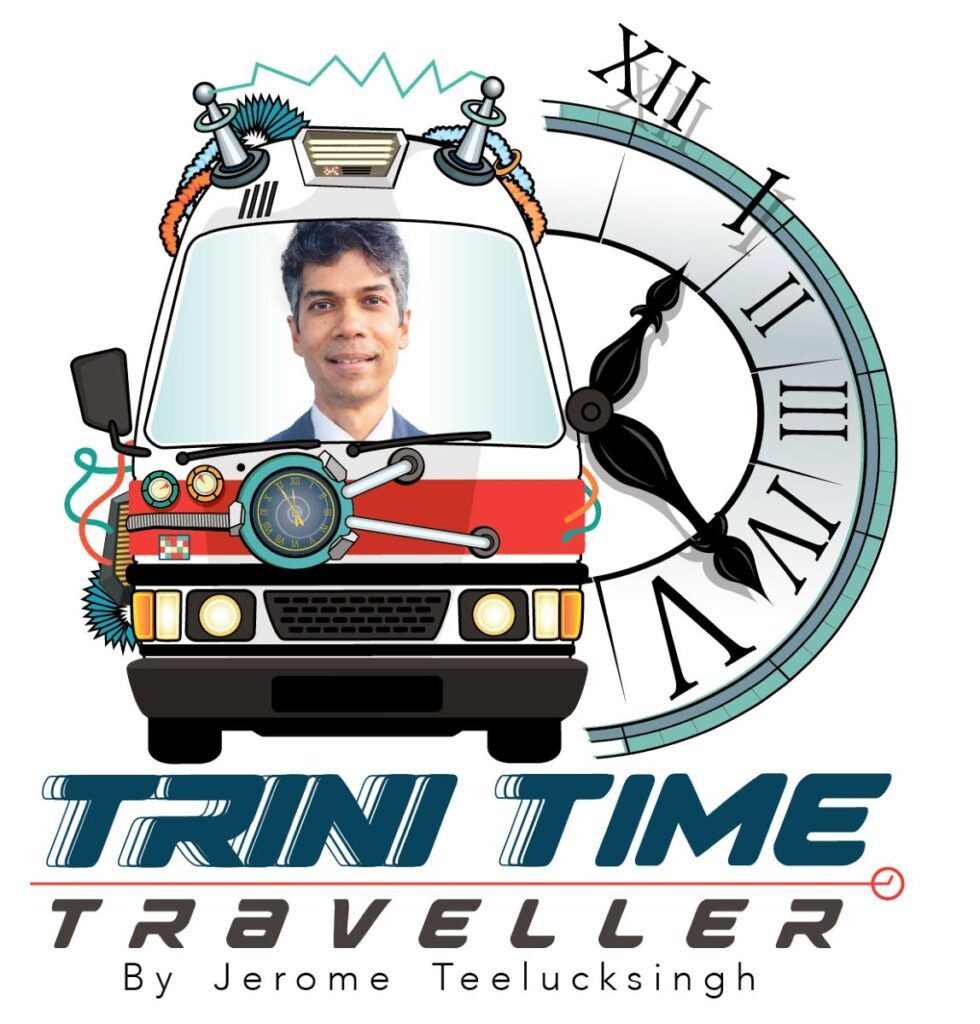Fearless trade unions

JEROME TEELUCKSINGH
IN THE 20TH century, labour initiated the movement for economic liberation, which was a vital component in the process of decolonisation. The accelerated struggle against capitalist imperialism accounted for significant progress in the recognition of the working class within the economic system.
Today in the Caribbean there is a growing disenchantment among workers. Some of the working class feel disconnected from their trade unions and labour.
This is largely a result of a new generation of union members who are more educated and less tolerant of myopic leadership.
Divisions and arguments among labour leaders only serve to contribute to the loss of faith in unions. There are also positive developments. In 1998, two unions representing bank workers merged – the Bank and General Workers Union and the Bank Employees Union. This was a good sign for working class unity and strengthened their representation at the bargaining table.
Developments as the denationalisation of the economy as a result of privatisation of nationally-owned enterprises can only occur when working-class unity is weak. Corruption, social problems and the sale of a country’s assets will occur only when unions are divided.
Seventy years ago it would be easy to identify a trade unionist as belonging to the Left or being branded a socialist, Marxist or communist.
Today it is different. There are questions that all trade unionists in the Caribbean and Latin America need to ask themselves: What is my ideology? Is it a wishy-washy ideology or a progressive ideology?
Am I part of the proletariat or am I a member of the bourgeois? Am I a closet capitalist who has no connection with the working class? Am I living in denial because I have already adopted middle- and upper-class values?
Some trade unionists are ashamed to be publicly identified as "working class," while others believe appearing aggressive is a substitute for being progressive.
There is need to create a working-class ideology that is relevant to a progressive Caribbean labour movement of the 21st century. This unique ideology will serve to unite the working class and uplift our Caribbean society. This flexible ideology must be tailored and structured for our plural societies and developing economies.
The working class often fail to realise that a union’s ideological stance will determine the nature of their radicalism, the respect they receive and their progress. Trade unions need to adopt and maintain an ideological stance. They cannot and should not compromise their values.
During the past 60 years, involvement in politics has seriously damaged working-class unity. However, political involvement is one of the strategies to ensure that unions are respected and do not become marginalised and alienated.
This political involvement is not a recent phenomenon. During the 1920s and 1930s, the Trinidad Workingmen’s Association (later the Trinidad Labour Party) and some of its members, such as FEM Hosein, Captain A Cipriani and Timothy Roodal, were involved in party politics and became members of the Legislative Council (Parliament).
During the 1946 and 1950 elections, labour continued to be part of the political landscape with personalities such as Albert Gomes and political parties such as the Trinidad Labour Party, TT Trades Union Council and Socialist Party of TT. Their strong voices represented the working class in the colony.
One of the major reasons why the Workers and Farmers Party, a Marxist political organisation, lost the 1966 general election was because of the strong racial/ethnic inertia that manifests in a two-party system representing the two major ethnic groups. The older generation would remember the United Labour Front (ULF) and its promising entry into politics. However, the party would suffer from internal fighting for leadership.
Some of the working class are confused when it comes to voting. It is ironic that members would rather vote for a party whose leader is not from the working class and whose philosophy is anti-labour.
Many workers are becoming increasingly frustrated and no longer want to be political pawns.
Should labour entities like NATUC, FITUN, JTUM or individual unions become involved in politics?
Yes, it is crucial that labour has a voice in the political realm. But unions should be cautious because once they are politically stereotyped and stigmatised, it is difficult to shed their political colours and appear independent.
Trade unionists must never be deceived and bribed into accepting "handouts" from those who despise the working class.
Some workers are beginning to realise that broken promises are a reality.

Comments
"Fearless trade unions"